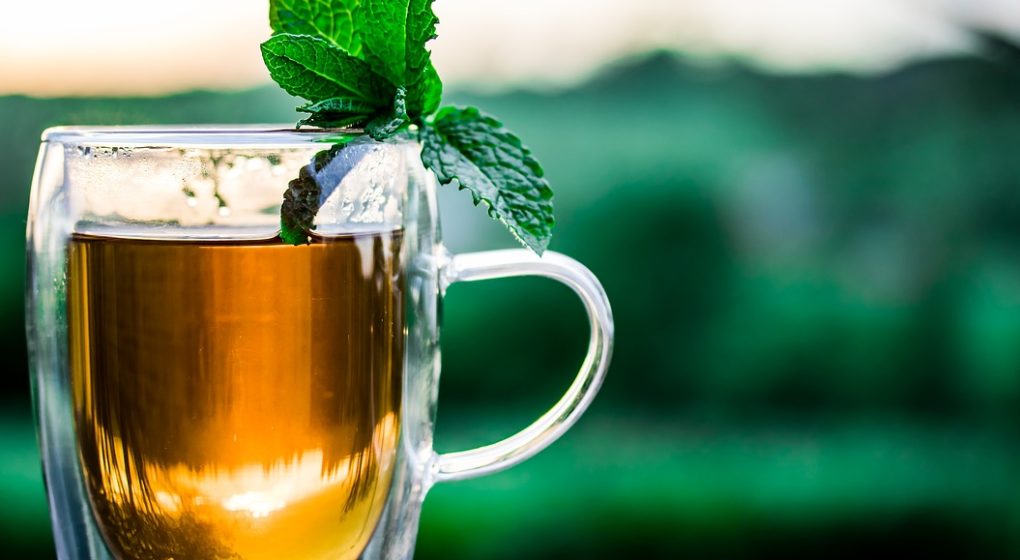
If you experience anxiety and depression on a regular basis, it can feel as if the world is coming down on you. Be assured, there is always a light at the end of the tunnel, but it can be difficult to it see if you aren’t receiving treatment.
Valium is a popular anti-anxiety drug, but if it’s not working properly, or you would prefer to use more natural means, here are five suggestions.
- Chamomile Tea for Jumpiness
Herbal teas have long been used to “calm the nerves” and quell other symptoms related to anxiety. Chamomile contains compounds that have an influence on certain brain receptors, much the way Valium does to alleviate anxiety.
When you feel jittery and your hands start to shake, make yourself a steaming cup of chamomile tea. This can also help to counteract the effects of too much coffee, which may make your anxiety worse.
If you don’t like chamomile tea, you can achieve its effects with a supplement. One study from the University of Pennsylvania Medical Center showed significant improvement for patients with generalized anxiety disorder (GAD).
Participants in the study took chamomile supplements for eight weeks and experienced a significant reduction in symptoms of anxiety when compared with those who took a placebo.
- Exercise Regularly to Level Off Hormones
One of the safest and most effective ways to counteract anxiety is through exercise. Not only will this keep you physically healthy, but it also enables your brain to work properly.
Exercising on a regular basis has been linked to higher self-esteem and a general feeling of wellness. “One of the major causes of anxiety is worrying about illness and health, and that dissipates when you are fit,” says Drew Ramsey, MD, assistant clinical professor of psychiatry at New York-Presbyterian Hospital, Columbia University.
“If you exercise on a regular basis, you’ll have more self-esteem and feel healthier.”
- Eat Fewer Sugary and Processed Foods
A healthy diet can do wonders for treating anxiety and depression. Foods that are high in sugar and other unhealthy, processed substances can make it worse.
According to body builder and health and fitness coach Kayla Itsines: “Eating the right foods will help to balance your entire body including your nervous system, which plays a large role in feelings of anxiousness. Eating certain foods can act as triggers for stress and anxiety, just like eating others can help to calm you down. Many people don’t realize this and even use the wrong foods as a way to deal with their anxiety.”
Caffeine, salt, aspartame, high fructose corn syrup, MSG, certain food dyes, refined sugars, junk food, fast food, alcohol, and other common, highly processed foods can all trigger anxiety.
- Eat Regularly and Stay Hydrated to Curb Irritability
When you feel anxiety or irritability coming on, grabbing a healthy snack can be just what the doctor ordered. “Almost universally, people get more anxious and irritable when they are hungry,” says Dr. Ramsey, co-author of The Happiness Diet.
“When you get an anxiety attack, it may mean your blood sugar is dropping. The best thing to do is to have a quick sustaining snack, like a handful of walnuts, or a piece of dark chocolate, along with a glass of water or a nice cup of hot tea.”
Not all food is going to be as effective in calming anxiety. Don’t forget that certain foods can trigger an attack, so you should reach for a piece of fruit, some vegetables and hummus, or a piece of whole-wheat toast rather than an unhealthy quick fix.
- Get into the Right Mindset
Since anxiety and depression involve a battle of the mind, it makes sense to try to train your brain to handle episodes when they come. Although you can’t simply “think away” your anxiety with a few positive thoughts, you may be able to shorten each episode and make it easier to bear if you maintain a more positive mindset.
Setting goals for yourself is one of the best ways to pull yourself out of a funk. “Start very small,” recommends Ian Cook, M.D., psychiatrist and director of the Depression Research and Clinic Program at UCLA. “Make your goal something that you can succeed at, like doing the dishes every other day.”
Cook also recommends finding ways to challenge yourself to see if you can alter your brain chemistry somewhat. “When we challenge ourselves to do something different, there are chemical changes in the brain,” he says.
“Trying something new alters the levels of [the brain chemical] dopamine, which is associated with pleasure, enjoyment, and learning.”
Valium isn’t your only way out of depression and anxiety. If you can teach yourself several positive habits for health and wellness, you can substantially increase your odds of thriving in spite of this mental illness.
